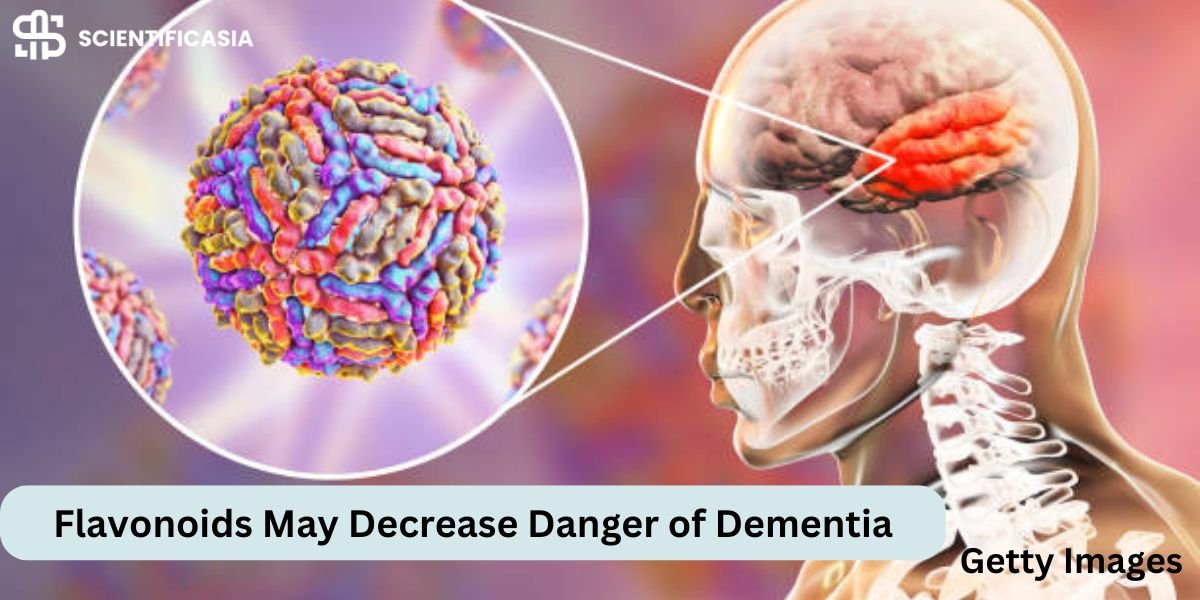Scientific Asia: According to researchers, consuming six extra servings of foods like berries, tea, and red wine each day could reduce the risk by 28%.
According to a study, increasing your intake of foods and beverages high in flavonoids, such as red wine, tea, and berries, may reduce your risk of dementia by 28%.
Global estimates indicate that the number of individuals afflicted with the illness would almost treble to 153 million by 2050, posing a growing danger to health and social care systems worldwide.
The two main risk factors for the disease are still heredity and age, but specialists believe that roughly half of cases can be avoided or postponed, and there is growing evidence that food may also affect one’s chance of getting the condition.
A study conducted by Queen’s University Belfast indicates that consuming more foods and beverages high in flavonoids may help cut the risk of dementia by more than 25%.
Scholars have shown that flavonoids, which are mostly included in plant-based diets, offer a number of health advantages, such as anti-inflammatory, anti-cancer, and antioxidant capabilities. They have also been connected to enhanced cognitive performance and a lower risk of chronic illnesses, including cardiovascular disease.
The results were released in the JAMA Network Open publication. Prof. Aedin Cassidy, the study’s principal investigator, stated: “Dementia prevalence is quickly rising globally. In this population-based cohort investigation, we examined dietary information from more than 120,000 persons in the UK Biobank who were between the ages of 40 and 70.
According to our research, eating six more servings of flavonoid-rich foods a day—especially red wine, tea, and berries—was linked to a 28% lower risk of dementia. The results showed that those with depression symptoms and those at high hereditary risk were most affected.
Dr. Amy Jennings, a Queen’s resident and the study’s first author, reported that the findings showed that a small change in daily diet, such as consuming more foods high in flavonoids, may reduce the chance of dementia, particularly in those who are already at high risk.
“Since there isn’t a cure for the illness at this time, preventive measures that enhance well-being and lower social and financial expenses should remain a top priority for public health,” the spokesperson stated.
According to a landmark report released last month by the Lancet Committee on dementia, 45% of dementia cases might be avoided or postponed if 14 modifiable risk factors were addressed beginning in childhood and continuing throughout life.
Two additional risk variables that are linked to 9% of dementia cases were included in the report. Two percent of instances are related to uncorrected eyesight loss in later life, while approximately 7% are related to elevated low-density lipoprotein, or “bad” cholesterol, in midlife starting around the age of 40.
The new risk factors were added to the 12 that the Lancet Commission found in 2020; these factors together account for roughly 36% of dementia cases.
These include inadequate education, hearing loss, hypertension, obesity, smoking, depression, inactivity, diabetes, heavy alcohol use, traumatic brain damage, air pollution, and social isolation.













